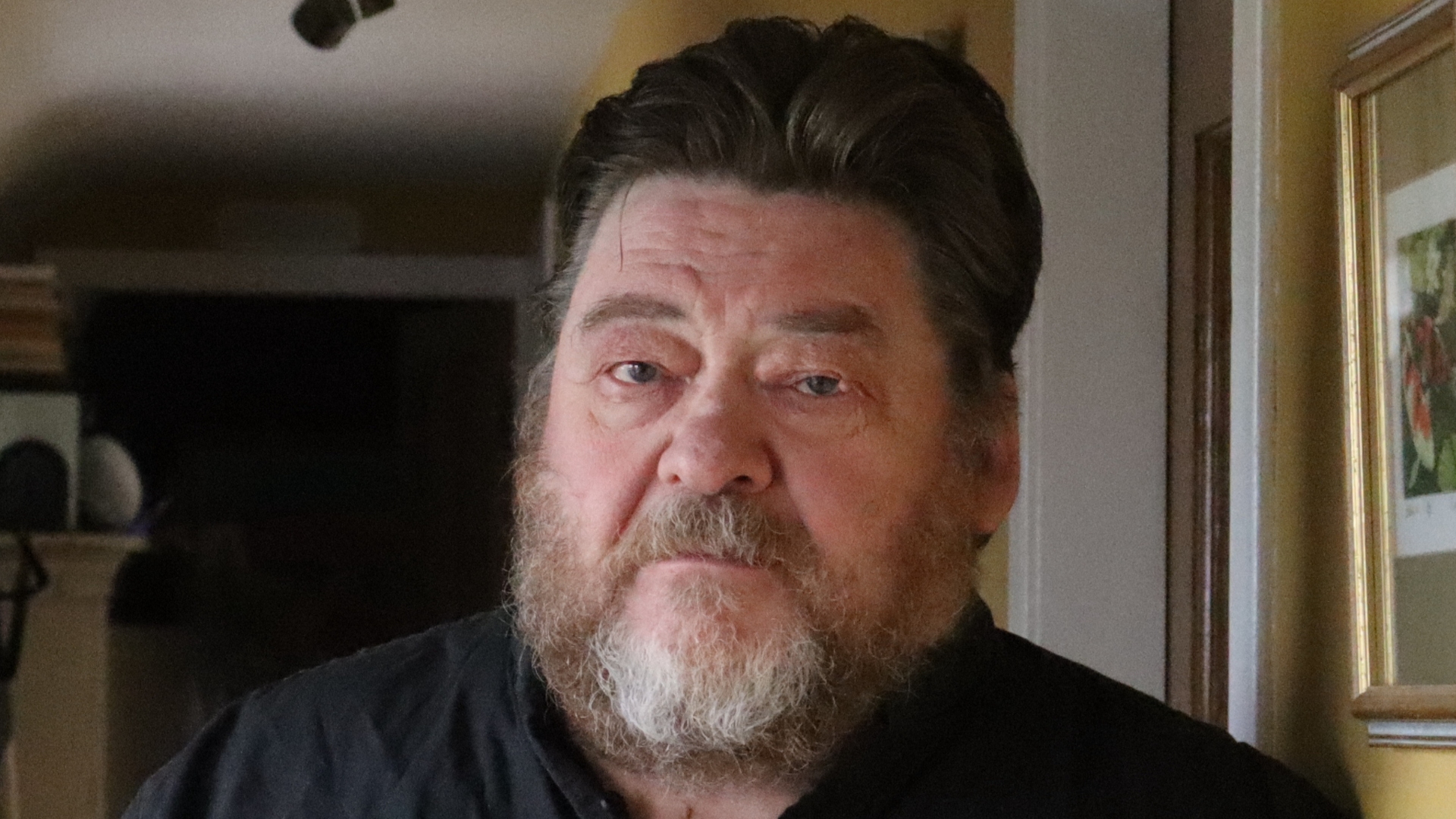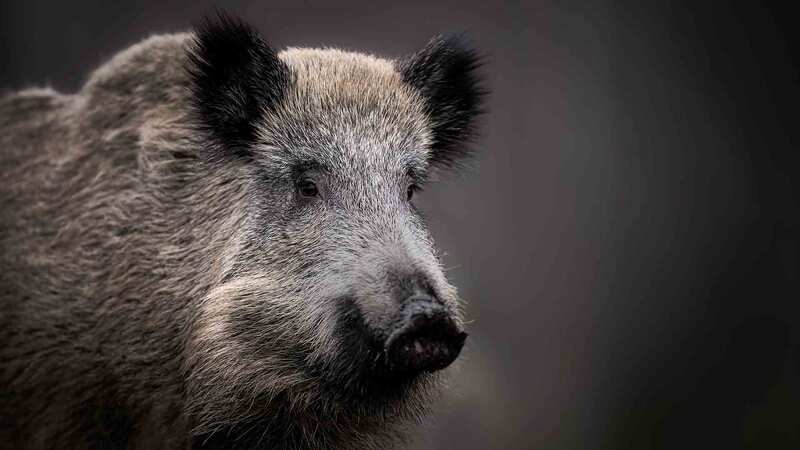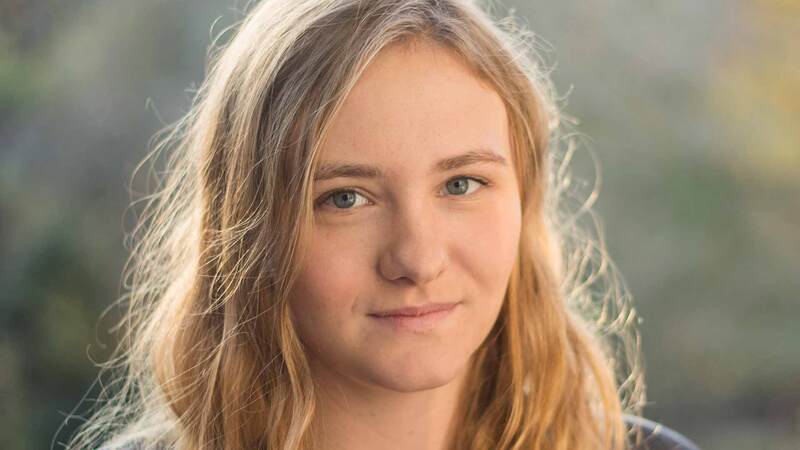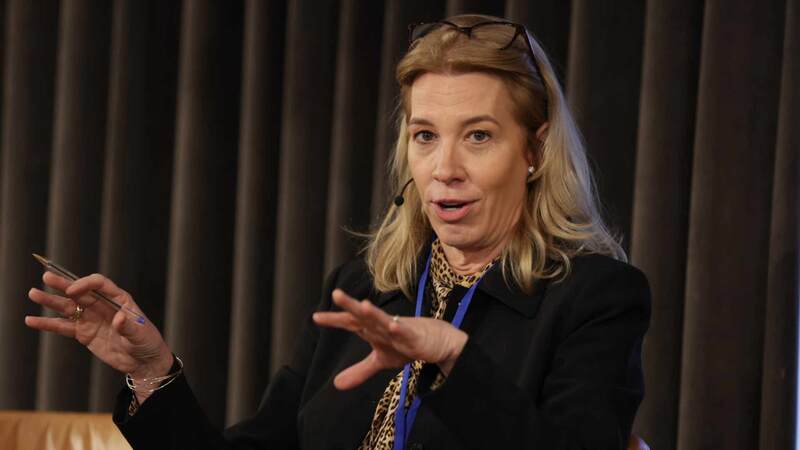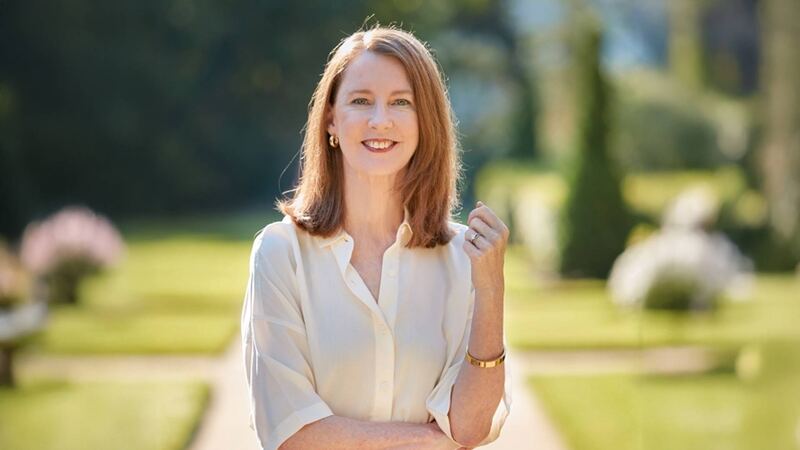You are viewing your 1 free article this month. Login to read more articles.
Burnside wins £40k David Cohen Prize for Literature
The Scottish poet, memoirist and novelist John Burnside has won the £40,000 David Cohen Prize for Literature.
Burnside was announced as the winner by the John S Cohen Foundation and New Writing North, in recognition of his lifetime’s achievement in writing.
The David Cohen Prize, currently in its 30th anniversary year, is awarded biennially to one writer from the UK or Ireland for their complete body of work. Past winners include V S Naipaul, Seamus Heaney, Hilary Mantel and Julian Barnes.
On accepting the award, John Burnside said: “I have to say that, considering the list of previous winners, being added to such a company is more than a little daunting. At the same time, it’s a reminder that every writer is gifted with a live tradition and that tradition is rooted, not in mere fashions and fads, but in what Eugenio Montale called, with characteristic succinctness, the ‘long patience, conscience and honesty’ of those who precede us.”
Burnside has written 16 books of poetry include Black Cat Bone (Jonathan Cape), which won both the T S Eliot and the Forward Prizes in 2011 and, most recently, Ruin, Blossom (Jonathan Cape), which will be published in April 2024. He is also a novelist and has written three memoirs, as well as a personal history of 20th-century poetry which was a Financial Times Book of the Year in 2019.
The author’s work has concerned itself with the environment and he has written regularly on nature for the New Statesman, while his last prose work was a meditation on extinction and mortality. He now teaches creative writing and eco-criticism at the University of St Andrews.
Hermione Lee, chair of judges, said: “John Burnside, the winner of the 2023 David Cohen Prize for a life-time’s literary achievement, is a poet, novelist, story-writer, memoirist and essayist. He has been writing every imaginable kind of book – and some unimaginable kinds – for at least 35 years. He has an amazing literary range, he pours out a cornucopia of beautiful words, and he has won an array of distinguished prizes before this one.
"He casts a spell with language of great beauty, power, lyricism and truthfulness. There is much sorrow, pain, terror and violence lurking in his work: he is a strong and powerful writer about the dark places of the human mind – but he’s also funny and deeply humane."
In its 30-year history the prize has earned its position as one of the country’s most distinguished literary prizes, known as the “UK and Ireland Nobel in literature”.
Sitting alongside Hermione Lee on the judging panel were Aida Edemariam, Helen Mort, Malachy Tallack and Boyd Tonkin.
Having received the David Cohen Prize, Burnside gave the Clarissa Luard Award to Abigail Peters. The Clarissa Luard Award was founded in 2005 by Arts Council England, in memory of literature officer Clarissa Luard. It is worth £10,000 and the winner of the David Cohen Prize for Literature nominates an emerging writer whose work they wish to support.
Peters holds an undergraduate degree in creative writing from Columbia University and an MA in writing from the University of St Andrews. She writes about motherhood, nature, class and grief, and is currently working on her first book, a coming-of-age memoir set against the backdrop of the fens.
On announcing Abigail Peters as the winner, Burnside commented: “Having worked for two decades with postgraduate writers, I have had occasion to meet students who show real potential in their craft for some way down the line – a year hence, say, or a decade (patience being the chief virtue of any writer). It is a rare pleasure, however, to encounter someone who is already there, fully defined and confident in their gifts and, at the same time, aware that writing is a lifelong and demanding discipline.
"In exceptional cases, I am struck with the immediate sense of a writer who is not only alert to the possibilities of narrative and the subtle pitfalls of memory, but is also attentive to the nuances of place and character and speech. Abigail Peters possesses all these gifts and more – and I am confident that we will all be reading her work for decades to come.”





